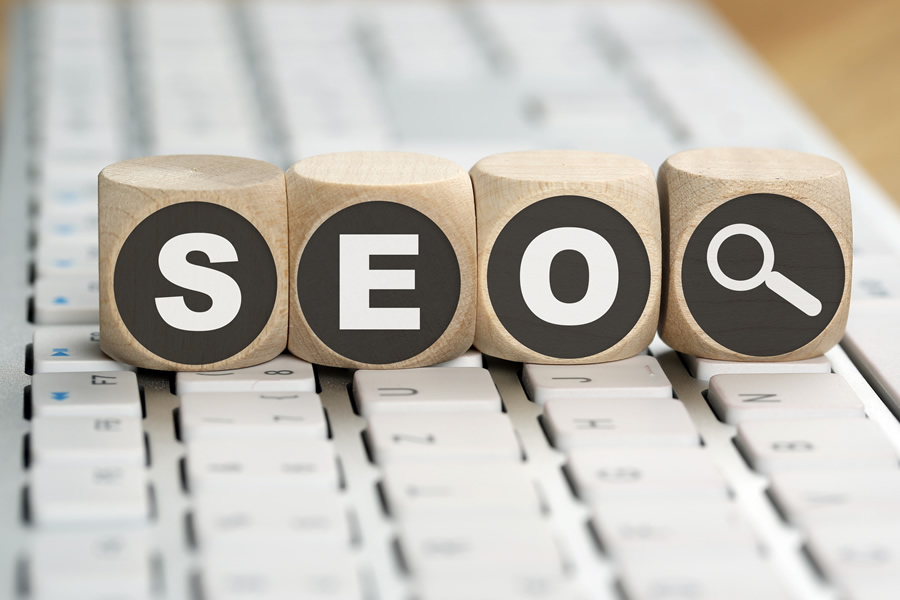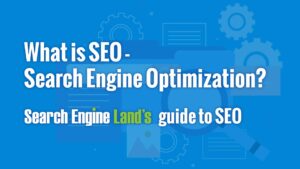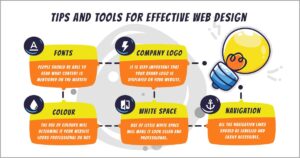Search engine optimization, or SEO, is one of the most important aspects of creating a successful website. SEO is used to ensure that websites are easier for search engines to find, making them more visible and accessible to users. The use of tags is essential in optimizing web pages for search engines, so it’s important to know which ones are the most important.
Effect of Tags on SEO
The use of tags in SEO is one of the most important factors for successful search engine optimization. Tags help to organize content and bring it to the attention of readers and search engines. They are also an essential part of any website’s structure, providing a means for categorizing various pieces of content.
When used properly, tags can be an effective way to increase website visibility and traffic. By using relevant keywords in tag descriptions, websites are able to attract more qualified visitors who are interested in the particular products or services being offered. Tags also give websites a boost in their ranking on search engine results pages (SERPs). This can lead to increased organic traffic and higher conversion rates as well as improved online visibility overall. Additionally, tags enable better cross-linking between web pages which helps with internal linking structures, further improving SEO rankings.
Most Important Tags
When it comes to SEO, tags are an important part of optimizing your website for search engine rankings. Each tag has its own role and importance when it comes to improving your rankings. But which tag is the most important for SEO?
The most important tag in SEO is the title tag. This tag defines what content appears on a page and helps Google determine the relevance of that page. Title tags should be brief, descriptive, and include keywords related to the page content. Including keywords in titles, and tags can help improve your search engine ranking and visibility. Additionally, they should remain consistent across all pages so that users know where they are in a website’s structure when navigating between pages.
The next important tag is the meta description tag which provides a summary of a page’s content.
How to Optimize with Tags
When it comes to website optimization, tags are incredibly important. Tags are used to categorize and organize content on a website and can greatly influence where a page appears in search engine results. As such, understanding how to use tags correctly is essential for optimizing any website for search engines. This article will explain what the most important tag for SEO is and how to use it effectively.
One of the most influential tags when it comes to SEO is the title tag – also known as the meta title or HTML title tag. The title tag contains information about your web page’s content and should be used strategically to communicate its value clearly in just a few words. When visitors see your page titles while searching, they will be able to quickly identify if this is relevant content they’re looking for or not – thus increasing click-through rates and boosting your rankings in search engine results pages (SERPs).
Conclusion
The conclusion of this article is that there is no single most important tag in SEO. Every tag has its own purpose and importance, depending on the website and its content. Knowing what tags to use can help optimize a website’s visibility on search engines, increasing traffic to the site. It’s important to remember that SEO isn’t limited to just one element; it involves many different aspects working together.
In order to determine which tags are best for a particular website, an analysis of the content should be conducted using tools like Google Analytics and other keyword research tools. By understanding how users search for information related to the site’s topic, businesses can create engaging content with specific keywords and phrases optimized for their target audience. With careful thought put into each element of SEO, websites can increase their rankings over time and generate more leads from organic search engine results.






Be First to Comment